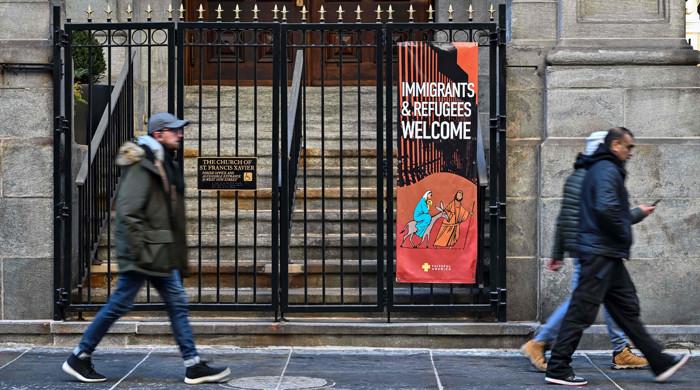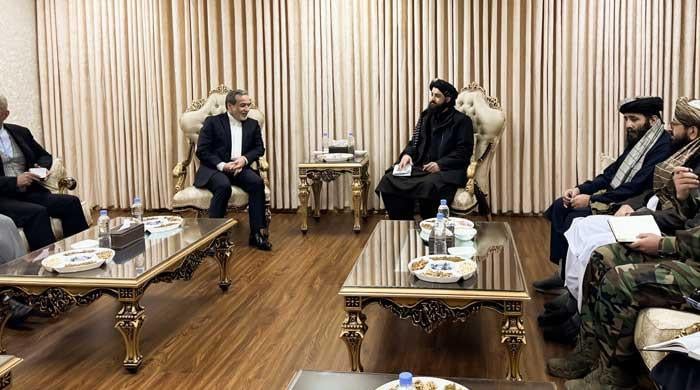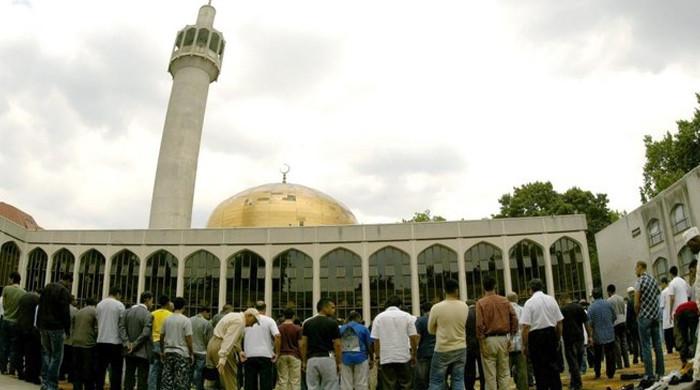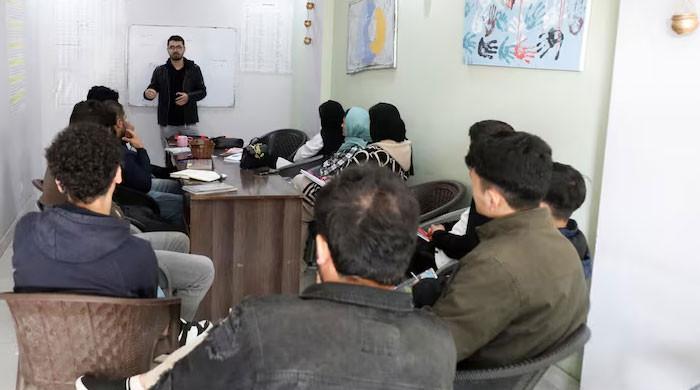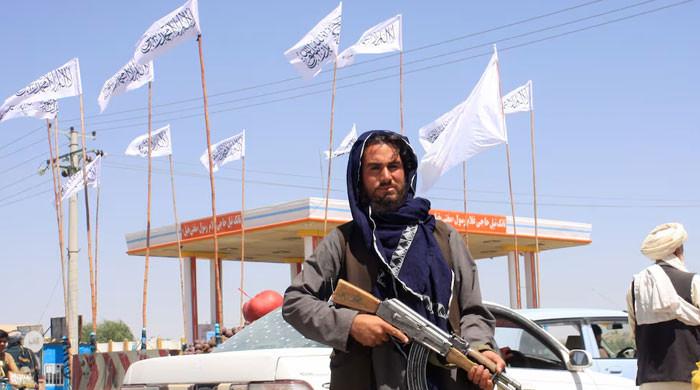Kuwait bans flight to Pakistan, other high risk countries amid COVID-19 pandemic
Kuwait is not permitting travel to other countries such as India, Egypt, the Philippines, Lebanon and Sri Lanka
August 02, 2020
Kuwait's Directorate General of Civil Aviation on Saturday said that commercial flights to some 31 countries were now banned as they pose a high risk to the spread of the novel coronavirus.
The countries include India, Pakistan, Egypt, the Philippines, Lebanon and Sri Lanka, which all have large numbers of expatriates in Kuwait. The list also includes China, Iran, Brazil, Mexico, Italy and Iraq.
The ban was announced the same day that Kuwait began a partial resumption of commercial flights. The authorities have said Kuwait International Airport would run at about 30% capacity from Saturday, gradually increasing in coming months.
The health ministry also advised against all non-essential travel at the present time, government spokesman Tariq al-Muzaram said on Twitter.
Kuwait, which has recorded nearly 67,000 coronavirus cases and more than 400 deaths, began a five-phase plan at the start of June to gradually lift COVID-19 restrictions. A partial curfew remains in place.
"Response fatigue"
Meanwhile on Saturday, the UN health agency warned that the coronavirus pandemic would be lengthy and could lead to "response fatigue", as India and the Philippines reported a record rise in new cases.
Six months after the World Health Organization declared a global emergency, the novel coronavirus has killed more than 680,000 people and infected more than 17.5 million, according to an AFP tally.
Mexico also overtook Britain to became the third hardest hit country for virus deaths after Brazil and the US with over 46,600 fatal cases.
An emergency WHO committee reviewing the pandemic "highlighted the anticipated lengthy duration of this COVID-19 pandemic, noting the importance of sustained community, national, regional, and global response efforts".
"WHO continues to assess the global risk level of COVID-19 to be very high," it said in its latest statement.
As countries across Western Europe announced new lockdowns and reported historic economic slumps, the WHO also said the effects of the pandemic "will be felt for decades to come".
The outlook was bleak in Asia as well.
India and the Philippines reported record increases in new daily infections at 57,000 and 5,000, despite tightened restrictions.
"We are waging a losing battle against COVID-19, and we need to draw up a consolidated, definitive plan of action," said an open letter signed by 80 Filipino medical associations.
Japan’s Okinawa declared a state of emergency after a record jump in cases on the island -- many linked to US military forces stationed there.
Hong Kong meanwhile opened a new makeshift hospital to house COVID-19 patients after cases rose to new highs.
- Vaccine race -
The pandemic has spurred a race for a vaccine with several Chinese companies at the forefront, while Russia has set a target date of September to roll out its own medicine.
However US infectious disease expert Anthony Fauci said it was unlikely his country would use any vaccine developed in either country, where regulatory systems are far more opaque than they are in the West.
"I do hope that the Chinese and the Russians are actually testing the vaccine before they are administering the vaccine to anyone," he said.
As part of its own "Operation Warp Speed", the US government will pay pharma giants Sanofi and GSK up to $2.1 billion for the development of a COVID-19 vaccine, the companies said.






